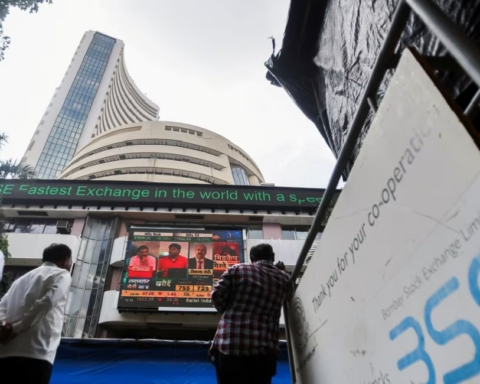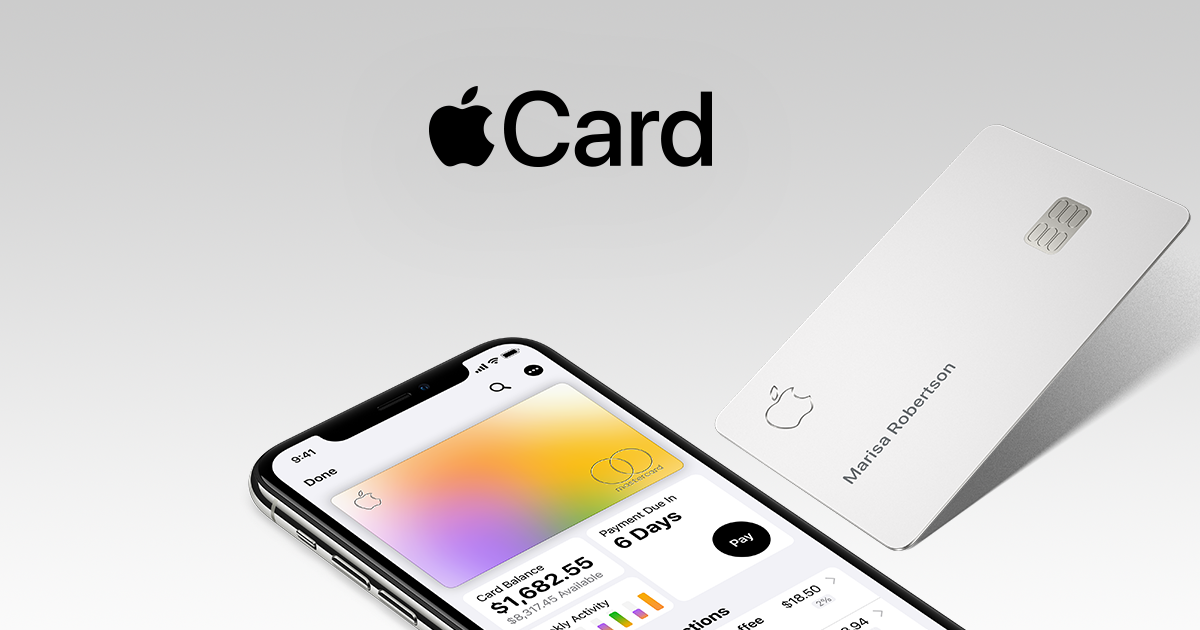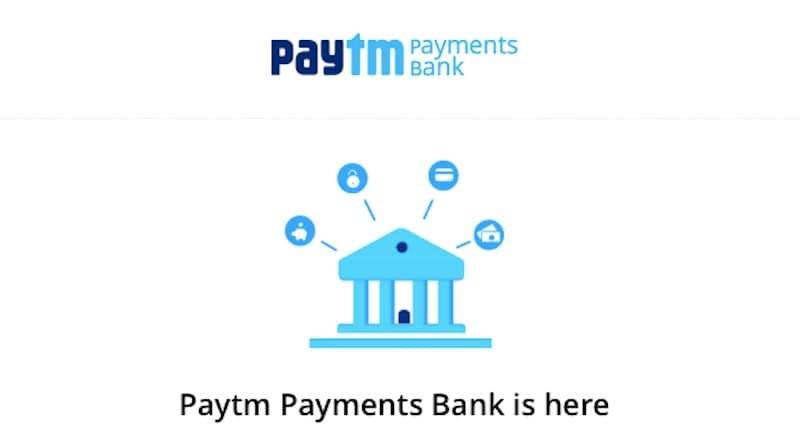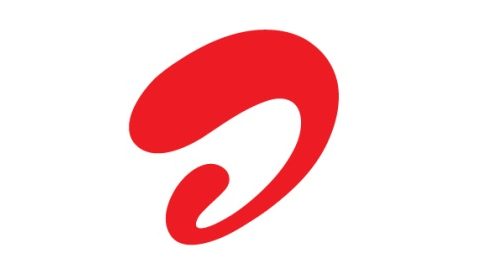Commercial banks are entering the mobile payments space, a 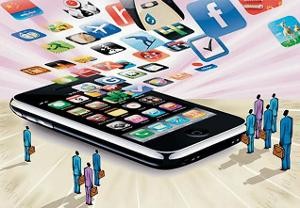 market that was incubated by Airtel Money, but which since then has seen a host of players including Vodafone m-pesa, Paytm, MobiKwik and Oxigen.
market that was incubated by Airtel Money, but which since then has seen a host of players including Vodafone m-pesa, Paytm, MobiKwik and Oxigen.
HDFC Bank has just launched Chillr, a third party app platform that enables users to transfer money to anybody in their phone book contacts. The user only needs to know the phone number of the person to whom he/she is transferring. But the transfer happens directly from and to bank accounts. For now, only an HDFC Bank account holder can send money, but can do so to any bank account holder. Chillr expects to sign up more banks soon.
ICICI Bank launched the Pockets app last month. Pockets is a wallet model like Paytm and MobiKwik. You don’t have to be an ICICI Bank account holder to use it, but account holders can use it with their internet banking credentials. The app uses a virtual Visa card and users can choose to add a zero balance savings account to it.
Given the confidence people have in banks, their entry into mobile payments could dramatically grow the space. There are already more than 45 million mobile payment users, more than double the number of credit card users in the country. The apps make money transfers remarkably easy, and as more small retailers become part of these systems, carrying cash will become less and less necessary.
At the back-end, the process still carries out two-factor authentication as the consumer enters an M-PIN similar to an ATM PIN number. The first-level authentication happens when the customer links his account with the phone number through a one-time password.
Sony Joy, cofounder and CEO of Chillr, said the company expects to have five banks on board by the middle of next month and more than 15 banks by the end of the coming fiscal. “We will be launching Chillr for Business next month and will start on-boarding merchants,” he said. Chillr users can transact up to Rs 50,000 per month, while Pockets allows Rs 10,000.
Paytm founder Vijay Shekhar Sharma said the new entrants would have to develop their own merchant network, which is time consuming and capital intensive. “One system or a different technology will not replace another. We have grown by 100% over the last six months to 27 million users and will reach 100 million users by the end of this year,” he said. Paytm received a big boost when cab aggregator Uber chose to use it as their wallet. Last week it launched the Immediate Payment Service (IMPS) on its platform, which will enable consumers to use their mobile wallets to transfer money into any bank account.
Sharad Sharma, co-founder of think-tank and start-up consultancy iSpirt, said mobile payments would become the default system of money transfer in the future. “The reason for friction or a commission in the system is because of the regulator and the credit risks involved. But this system involves only transfer of bits and bytes. Soon we will see these transactions becoming free,” he said.





